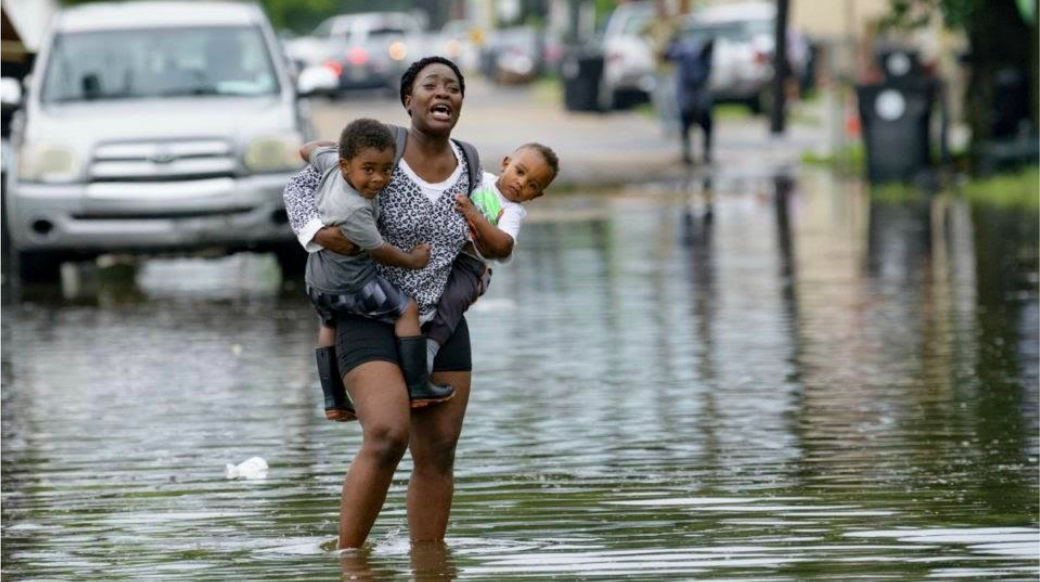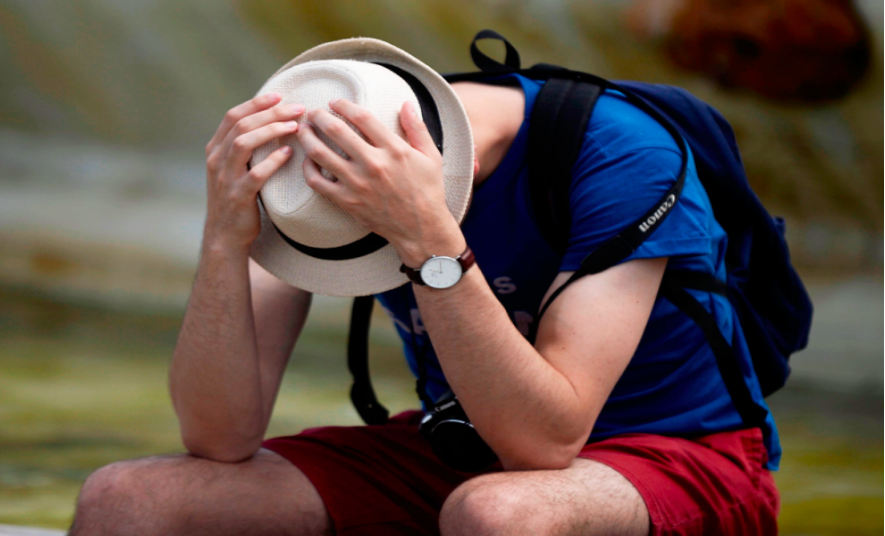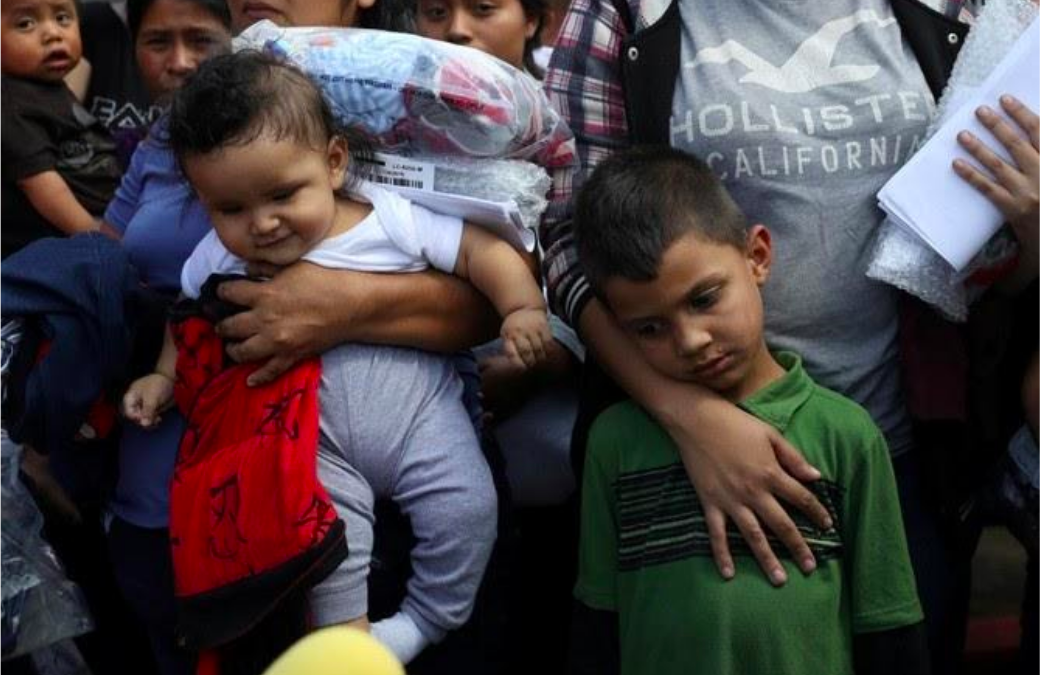https://www.norvergence.com
Source: Arab News
We are living through some of the most severe weather events in world history as a result of damage to our ecosystem or climate. Norvergence LLC scholars have recently indicated that the impacts of climate change are likely to undermine mental health through a variety of direct and indirect mechanisms.
The mental health consequences of events linked to a changing global climate include high-risk coping behavior such as increased alcohol use, depression, mild-stress, and post-traumatic stress.
These ill-consequences can also lead to loss of social or family support, job loss, and force people to move out of their locality.
Obradovich, a research scientist at the Massachusetts Institute of Technology’s Media Lab said: “Generally what we found was that exposure to hotter temperatures and [more] precipitation increased the reporting of mental health problems.”
If you look at the body of literature, you see that higher temperatures and exposure to extreme temperatures are associated with worsened outcomes across whole domains of human well-being.
If you look at the body of literature, you see that higher temperatures and exposure to extreme temperatures are associated with worsened outcomes across whole domains of human well-being.
In 2016, a report was issued by the U.S. Global Change Research Program which termed as the first report that solely focused on climate change impacts on mental health.
Below are some important findings:
- A significant proportion of people affected by climate change develop chronic psychological dysfunction.
- Children, pregnant & postpartum women, and people with pre-existing illnesses are at higher risk for mental health consequences from weather-related disasters.
- How climate change represented in media can also influence a person’s stress response and mental well-being.
Case Study of Mental Health (Hurricane Katrina)
 Source: The New Daily
Source: The New Daily
Formed on August 23, 2005, Hurricane Katrina was the third major hurricane of the record-breaking 2005 Atlantic hurricane season, and the fourth-most intense Atlantic hurricane. Around 2,000 people died and damage of worth $125 billion was recorded. The severity of Hurricane Katrina was far exceeded by these numbers.
How Hurricane Katrina broke People Mentally?
- People trapped in their homes escaped to their roofs to await rescue. They watched their loved ones or neighbors floated through the flooded streets. In seconds, their whole community or locality vanished by floodwater.
- Some families were separated into different places of refuge.
- For many days, people were unable to access basic resources such as schools, shelters, and emergency services.
Survivors had to cope with disrupted social ties, profound loss, surges in violence, etc. These led to psychological scars that weren’t heeled for a long time, maybe even now.
How one’s can take care of his mental health in a Changing Climate
 Source: National Post
Source: National Post
Norvergence research and analysis said people can learn how to process that exposure in a way that limits the damage to mental health.
Talk about how you are feeling
Anxiety or fear is a perfectly normal response to climate change. Connect with your loved ones, neighbors, therapists and other health care providers, or even strangers to talk about how you are feeling.
Strengthen your communities
Reach out to your neighbors, join community organizations, and establish relationships with local leaders.
Take Action
Create a family and work emergency plans so you feel prepared in case of an emergency.

